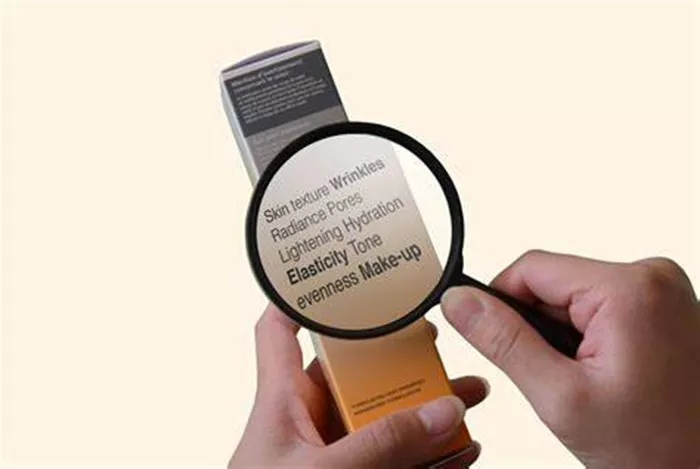In the ever-evolving world of beauty, terms like “science-backed” and “clinically proven” have become ubiquitous. These phrases are designed to instill confidence and lend an air of scientific legitimacy to products. However, with minimal legal oversight governing these claims, consumers may be misled by what is increasingly known as “science-washing.”
The Illusion of Scientific Validation
Helena Rubinstein’s early 20th-century innovation, which involved incorporating laboratory elements into her beauty practices, set a precedent for today’s beauty brands. Now, beauty aisles are replete with products labeled as “clinically proven” or “science-backed.” These terms are intended to assure consumers of their efficacy and safety. However, Jessica DeFino, a beauty critic and writer for The Review of Beauty, warns that such terminology lacks official regulation and standardization. “Clinically proven” is not an FDA-regulated term and does not have a universally agreed-upon definition. This ambiguity means that the term may refer to limited testing on specific ingredients rather than the entire product formulation.
Dr. Mary Sommerlad, a consultant dermatologist and spokesperson for the British Skin Foundation, notes that the term “clinically proven” often implies rigorous scientific testing, but in reality, brands are not legally required to conduct such tests. While consumers might expect high-quality clinical trials with verified before-and-after imagery, these are not always part of the product development process.
Regulatory Gaps in the UK
In the UK, cosmetic products must adhere to the UK Cosmetic Regulations framework, which ensures safety and proper manufacturing but does not regulate terms like “clinically proven” or “clinically tested.” According to Dr. Sommerlad, products can be withdrawn from the market for non-compliance with safety regulations, but misleading terminology is not directly addressed by these regulations.
The Rise of Evidence-Based Claims
The post-COVID era has seen a heightened consumer interest in evidence-based claims. Brands have responded by emphasizing their products’ supposed scientific credentials. Dr. Sommerlad explains that some brands may engage influencers or healthcare professionals to endorse their claims, which can either be well-supported or designed to mislead. The quality of the evidence and transparency of clinical studies vary significantly, with some studies being accessible to consumers while others remain opaque.
Understanding Clinical Trials
DeFino highlights that the term “clinically proven” might refer to internal trials conducted by the brand itself, which could be biased. These trials may use subjective metrics related to short-term appearance and perception rather than long-term efficacy. As a result, consumers might conflate superficial results with rigorous scientific validation.
Charlotte Palermino, esthetician and co-founder of Dieux, prefers the term “clinically tested and vetted” to clarify the distinction between cosmetic and pharmaceutical standards. She advises that consumers should look for independent clinical data and be cautious of brands that do not provide transparent trial information.
The Medicalization of Beauty Standards
DeFino also raises concerns about the medicalization of beauty standards, where aesthetic ideals are presented as scientific necessities. She argues that this approach contributes to unrealistic and ageist beauty standards, which can exacerbate appearance-related anxiety and depression. She criticizes beauty retailers, such as Sephora, for framing common skin features like pores and wrinkles as “problems” that need scientific intervention, despite these being natural aspects of human skin.
Conclusion
In conclusion, while “clinically proven” and similar claims may sound reassuring, they often lack the scientific backing consumers assume. With minimal regulation and varying standards of evidence, it’s crucial for consumers to approach these claims with skepticism and seek transparency from brands. Understanding the difference between legitimate scientific evidence and marketing jargon can help prevent being misled by the allure of science-washing in the beauty industry.
[inline_related_posts title=”You Might Be Interested In” title_align=”left” style=”list” number=”6″ align=”none” ids=”11408,11404,11267″ by=”categories” orderby=”rand” order=”DESC” hide_thumb=”no” thumb_right=”no” views=”no” date=”yes” grid_columns=”2″ post_type=”” tax=””]

































